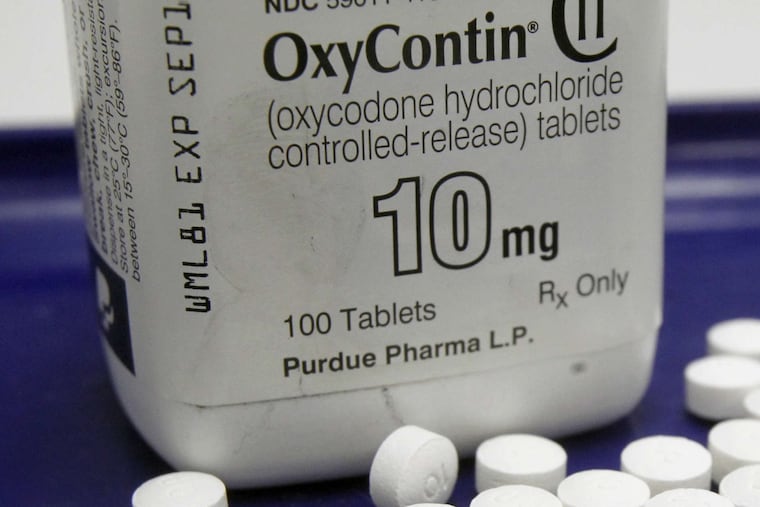City Council should play a bigger role in opioid crisis | Editorial
Two bills that are currently being considered by Council aim to intervene at different point of the addiction continuum — preventing initiation of opioid use and ensuring that overdoses are not fatal.

After 1,217 people died in Philadelphia of drug overdose in 2017, it would have been reasonable to expect that City Council would have made the opioid epidemic a top priority. This year to date, City Council as a body has been quiet on the issue and not passed a single bill addressing the crisis. Granted, some Council members — especially those whose districts are most affected, like Maria D. Quiñones-Sánchez — are vocal about this complex problem, but this is a problem the whole city faces. All of Council should be working together to find legislative solutions. City Council has an opportunity to improve its record before the year ends. Two bills currently being considered by Council aim to intervene at different points in the addiction continuum — preventing initiation of opioid use and ensuring that overdoses are not fatal.
The first bill, cosponsored by Councilmembers Bill Greenlee and Cindy Bass, aims at reducing the supply of prescription drugs. The bill would require pharmaceutical marketing representatives to register with the Department of Health and submit the written materials that they give to health-care practitioners. Further, the bill bans representatives from giving practitioners gifts, meals, or anything else of value. Research shows that when health-care practitioners receive gifts from pharmaceutical representatives they are more likely to prescribe the medications of the companies being represented. As such, if the enticing company sells opioids, a gift could increase the amount of opioids a provider prescribes — without a proper medical indication. The hope behind the bill is that if there are prescribers in Philadelphia that overprescribe opioids because of these types of perks, the ban would interrupt that relationship and reduce the amount of opioids prescribed.
The second bill, sponsored by Councilmember Bobby Henon, aims to reduce the number of fatal overdoses in the city by requiring that every pharmacy have two doses of naloxone — an opioid reversal medication — in stock at all times. Both Philadelphia and Pennsylvania are working hard to increase access to naloxone. In 2015, current-state Secretary of Health Rachel Levine, who at the time was Pa.'s physician general, signed a standing order for naloxone, making it, in essence, an over-the-counter medication in Pennsylvania. Since then, the Philadelphia Department of Public Health has been conducting overdose reversal training and distributing tens of thousands of naloxone doses. In March, the city allocated $100,000 for an ad campaign to promote the carrying of naloxone. However, according to a survey by the Department of Public Health, one in four pharmacies in the city don't have naloxone in stock — undermining the city's efforts.
The success of these efforts will depend on the enforcement of these regulations, which would fall to the Department of Public Health.
The impact of these bills will probably not be huge; in fact, both bills are rather innovative and so far untested. But when people are dying daily, Council should signal it's taking it seriously by exploring other legislative solutions on such issues as expanding access to treatment and regulation of recovery houses. Enacting these two bills would be a first step.